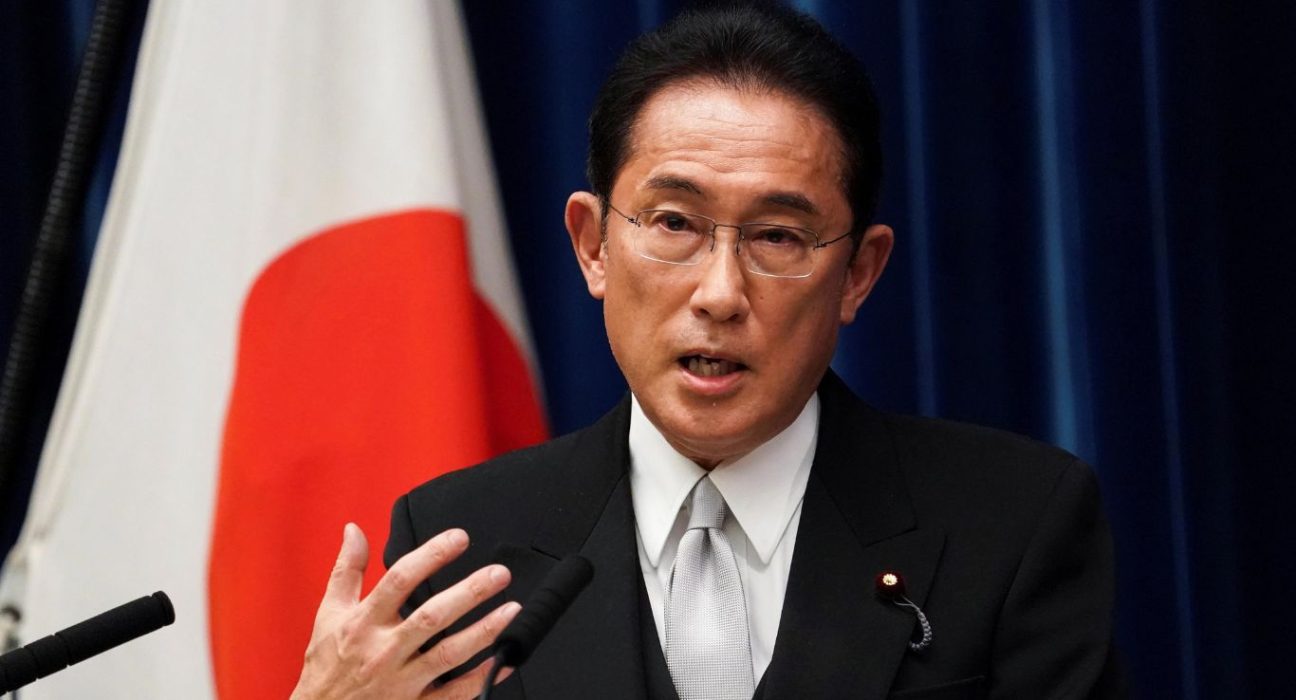Introduction
Prime Minister Kishida of Japan recently confirmed that the government does not plan to introduce a new tax to fund the country’s childcare policy. This decision carries significant implications for Japan’s social welfare system and the financial burden on its citizens. This article examines the details of the announcement, explores the considerations behind it, and discusses potential alternatives for funding the childcare policy.
The Importance of Childcare Policy
Childcare policy plays a crucial role in supporting families, promoting gender equality, and facilitating economic growth. With a focused keyword of “childcare policy,” this article highlights the significance of this governmental initiative.
Efficient and accessible childcare services enable parents, particularly women, to participate in the workforce, contributing to increased productivity and economic stability. Additionally, high-quality early childhood education lays the foundation for children’s development, setting them up for future success. Thus, the funding and implementation of effective childcare policies are vital for Japan’s social and economic progress.
Prime Minister Kishida’s Announcement
Prime Minister Kishida’s statement rejecting the introduction of a new tax for funding the childcare policy carries significant weight. This article uses the focused keyword “PM Kishida’s announcement” to highlight the central theme.
The decision not to impose a new tax reflects the government’s consideration of the financial burden on taxpayers, particularly in light of the ongoing economic challenges. Instead, the administration seeks alternative funding sources to support the childcare policy while maintaining fiscal responsibility.
Implications and Considerations
The implications of this decision are multi-faceted. On one hand, it alleviates the immediate financial burden on taxpayers, preventing additional strain on household budgets. Families can continue to access childcare services without incurring extra costs. Moreover, avoiding a new tax contributes to fostering a positive economic environment, as individuals and businesses have more resources to allocate towards consumption and investments.
However, the decision not to introduce a new tax also presents challenges. Without a dedicated funding source, ensuring the long-term sustainability and quality of childcare services becomes more complex. The government must carefully evaluate the impact on the availability, affordability, and accessibility of childcare, particularly for low-income families.
Potential Alternatives for Funding
Although no new tax will be introduced, the government is exploring alternative funding options to sustain and enhance the childcare policy. This article employs the focused keyword “funding alternatives” to address potential solutions.
One possibility is reallocating existing resources within the government’s budget. By reprioritizing spending or streamlining administrative processes, funds could be redirected to support childcare services. Another option is leveraging public-private partnerships, encouraging businesses and organizations to contribute financially or provide in-kind support for childcare facilities.
Additionally, the government may consider exploring innovative funding models, such as crowdfunding or targeted donations. Engaging the public’s participation in financing the childcare policy can create a sense of shared responsibility and community involvement.
Ensuring Long-Term Success
To ensure the long-term success of the childcare policy, the government needs to address the underlying issues that hinder funding. This article’s focused keyword “long-term success” directs attention to this critical aspect.
Structural reforms, including improving tax collection efficiency, combating tax evasion, and promoting economic growth, can contribute to generating the necessary funds. Furthermore, fostering an environment that encourages more women to enter the workforce through initiatives such as flexible working arrangements and affordable childcare options can stimulate economic growth, generating additional revenue to support the policy.
Conclusion
Prime Minister Kishida’s confirmation that no new tax will be introduced to fund Japan’s childcare policy brings both relief and challenges. While alleviating the financial burden on taxpayers, it necessitates alternative funding sources and innovative approaches. By exploring funding alternatives, addressing underlying issues, and fostering an environment conducive to economic growth, Japan can ensure the long-term success of its childcare policy. This commitment to supporting families and promoting gender equality will contribute to a thriving society and a stronger economy.










